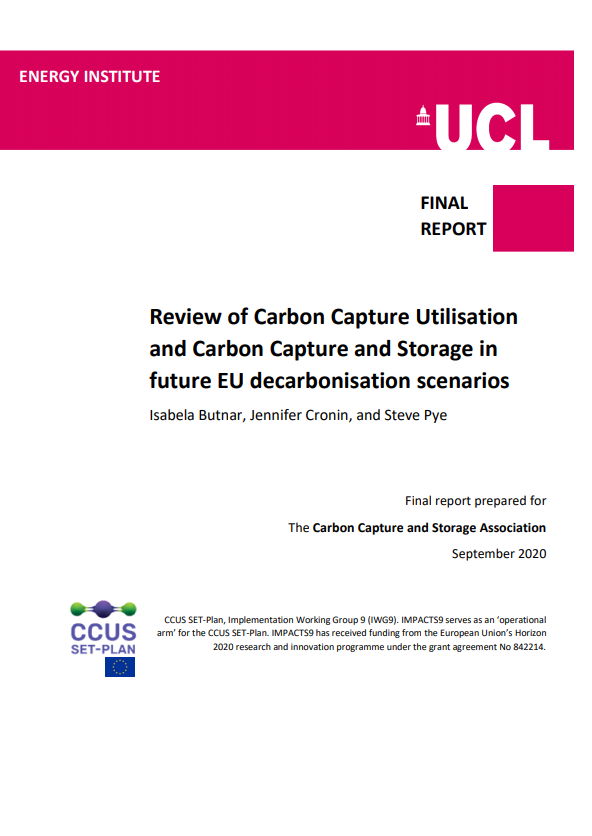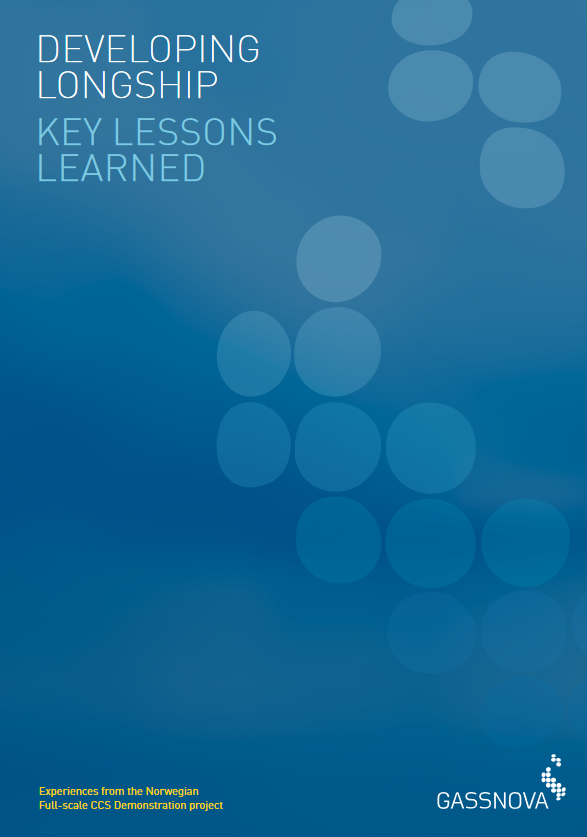SET-PLAN IWG9 CCS and CCU Implementation Plan – Report: Follow-up on targets



The European Commission has presented the revision of the Trans-European Networks for Energy (TEN-E) Regulation. With this revision, the Commission aims to ensure that the EU’s energy infrastructure is fully consistent with the EU target to reach climate neutrality by 2050. Following the announcement of the revision, ZEP has sent a letter to Commissioner for Energy, Kadri Simson, highlighting several issues with the revision – notably the absence of CO2 storage and CO2 transport modalities other than pipeline.

Following the revision of the Trans-European Networks for Energy (TEN-E) Regulation, ZEP sent a letter to Commissioner for Energy Kadri Simson to share the Platform’s thoughts and highlight that CO2 transport and storage infrastructure is crucial to achieve climate neutrality in the EU by 2050 and should be included in a revised TEN-E Regulation.

ZEP is pleased to provide input to the consultation on the draft delegated acts, outlined as follows:
1. Comments on the principles of the European Taxonomy for Sustainable Finance
2. Hydrogen threshold
3. Electricity threshold
4. CO2 transport
5. Biomass with CCS
6. Waste-to-Energy with CCS
7. Carbon Capture and Utilisation





This infographic summarises ZEP’s response to the revision of the Trans-European Energy Infrastructure (TEN-E) regulation. ZEP supports the European Union’s commitment to reach climate neutrality by 2050, defined as net-zero greenhouse gas (GHG) emissions by 2050. To this end, carbon capture and storage (CCS) and carbon capture and utilisation (CCU) technologies play a crucial role.
As geological storage sites are not evenly distributed among member states, the large-scale deployment of cross-border, European CO2 transport and storage infrastructure is crucial to reach the European Union’s objective of net-zero GHG emissions by 2050. This infrastructure will enable clean, competitive energy and industrial sectors, early large-scale clean hydrogen and, not least, the delivery of significant volumes of carbon emission reductions and removals.

This infographic summarises ZEP’s response to the ‘Roadmap on Strategy for Energy System Integration’. ZEP supports the EU’s objective of climate neutrality by 2050. While designing a strategy for a net-zero compliant energy system, ZEP believes that a technology-neutral approach should be privileged. All low-carbon technologies, such as CCS and CCU, that are scientifically proven and readily available, should be deployed to support a cost-efficient trajectory to climate neutrality.